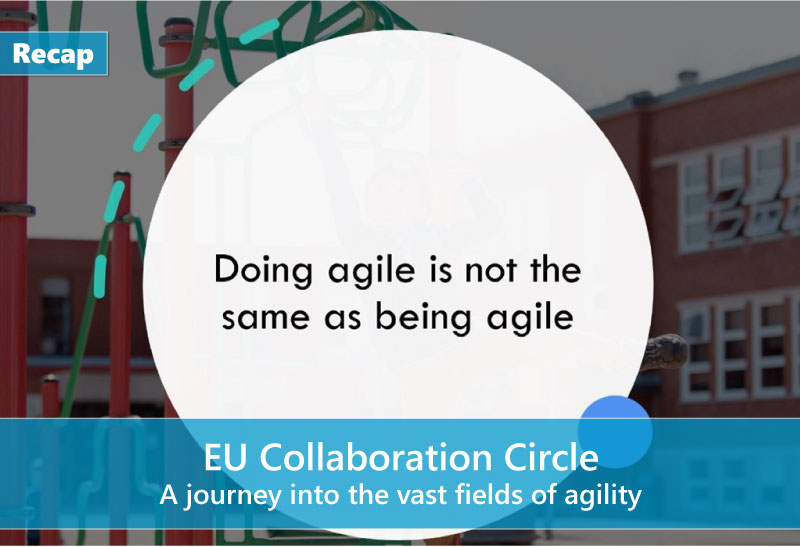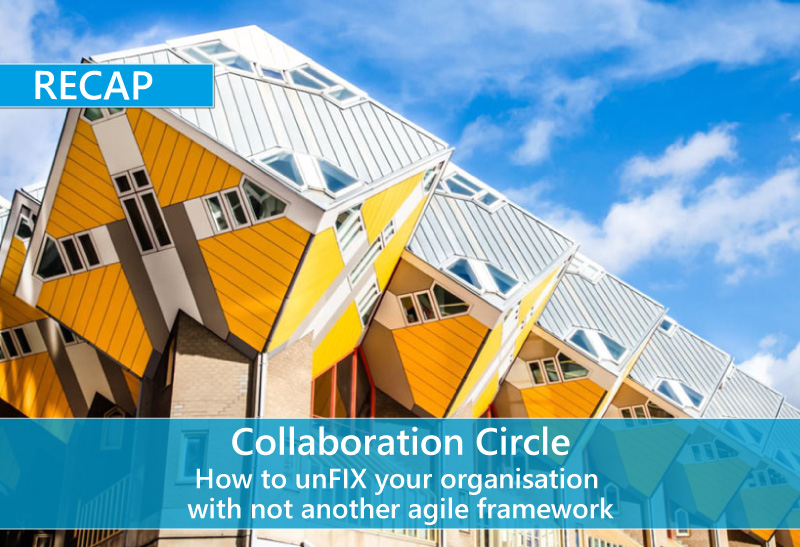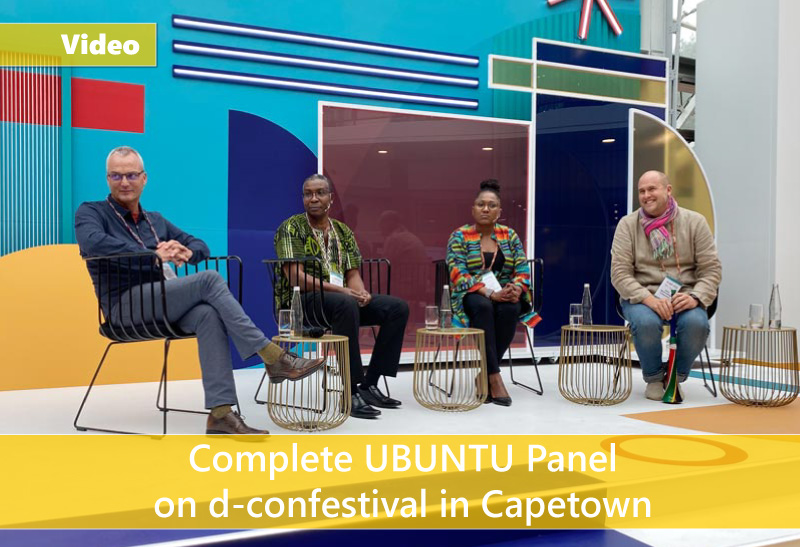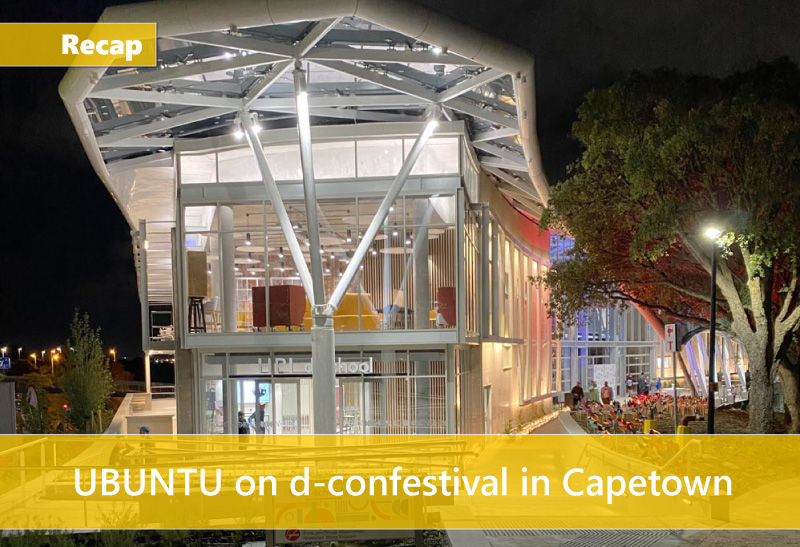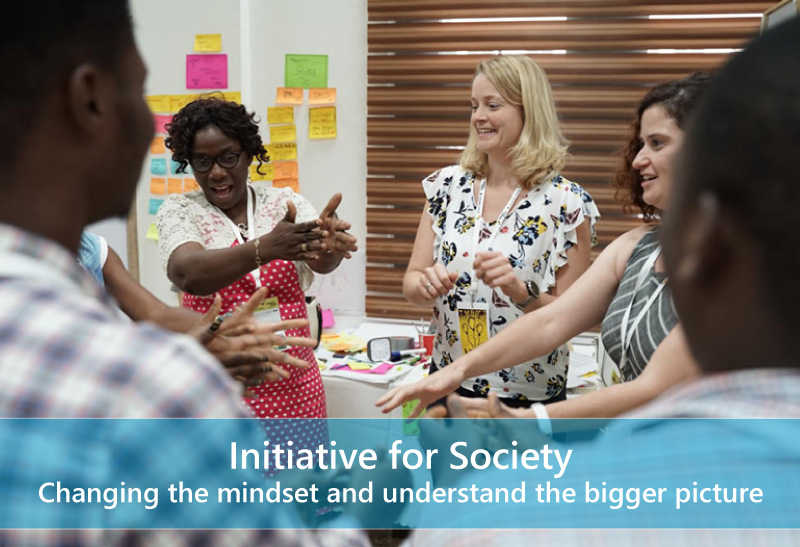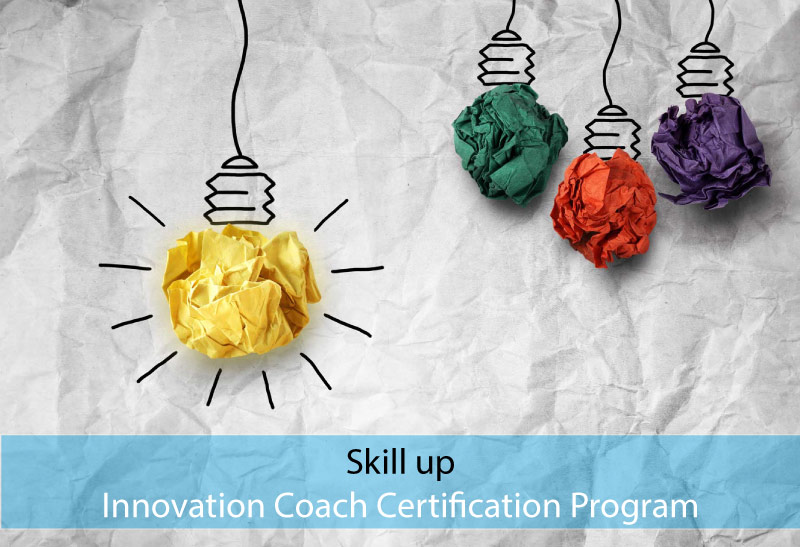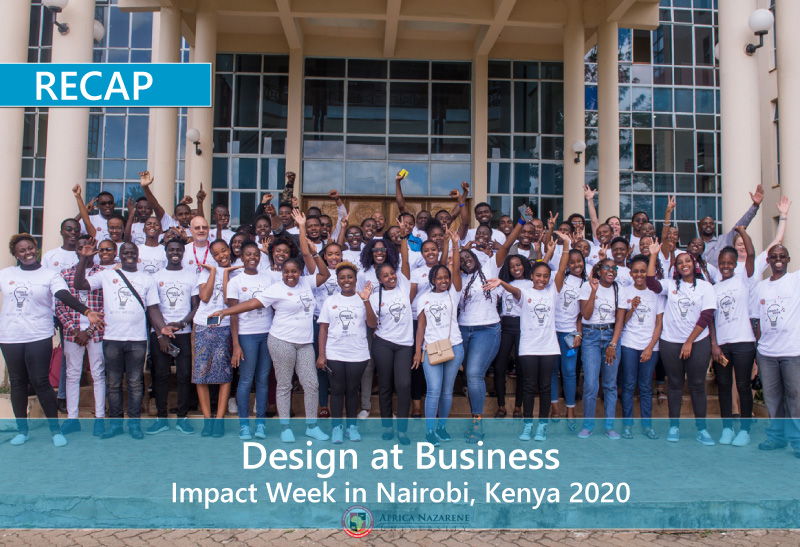What is agile and do you really need it? And if yes, when? And how?!
These were some of the questions we explored during our last Collaboration Circle with Lex Gleixner and Sabine Muth. And because playing is better than talking, we playfully deep dived into agility and reflected on our mental models and pictures we have - consciously and unconsciously - in our mind when we think and talk about agility.
The answer is “to survive” in our constantly and quickly changing world. The question is “why is being agile important for organisations and how should they reconsider their organisational setup and design?”.
The “How” was our focus in our Collaboration Circle with Jurgen Appelo, who deeply inspired us by sharing his work and the approach he developed: the unFIX model.
A group of design thinkers from around the world gathered at the opening of the Hasso Plattner d-school to discuss how an Ubuntu-inspired mindset can impact design, innovation, and entrepreneurship. The panel which was led by Ulrich Meyer-Höllings included experts in their fields, such as Phumzile Mmope, Mugendi M'rithaa, and Joern Bruecker, who have all been exploring these ideas in-depth and from various angles.
At the opening of the Hasso Plattner d-school, where a group of design thinkers from around the world came together to discuss how an Ubuntu-inspired mindset can impact design, innovation, and entrepreneurship activities to produce better results for everyone.
Kicking off our Ubuntu journey with DatB Europe and DatB South Africa.
The team wanted to trigger an intercultural conversation and exchange - totally free of bias. Is that even possible? And what is needed?
"Especially if you change your mindset, you start believing in yourself more, rethinking problems and development. It is like a cascading effect. I went from Design Thinking, new ways of Design Thinking, brainstorming, learning more techniques, and storytelling ...
How can you bring an innovation mindset back to your business? Transformation within the Nespresso Business and the personal transformation.
In 2020, three international Innovation Coaches from Design at Business joined the ANU once more. A week full of immersion into the cultural and behavioral mindset of the Kenyan culture, fruitful conversations, and sharing and gaining knowledge.

